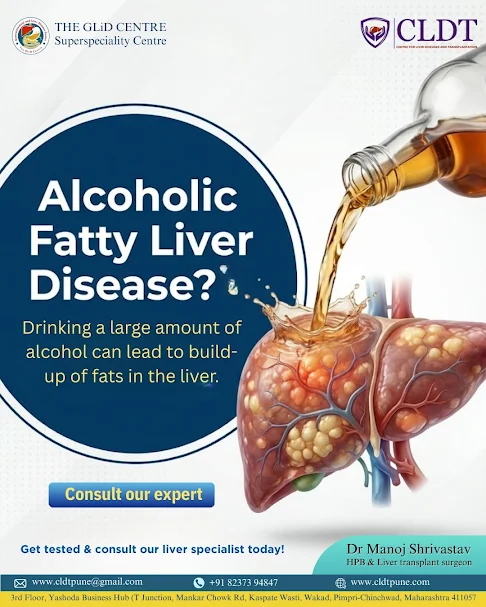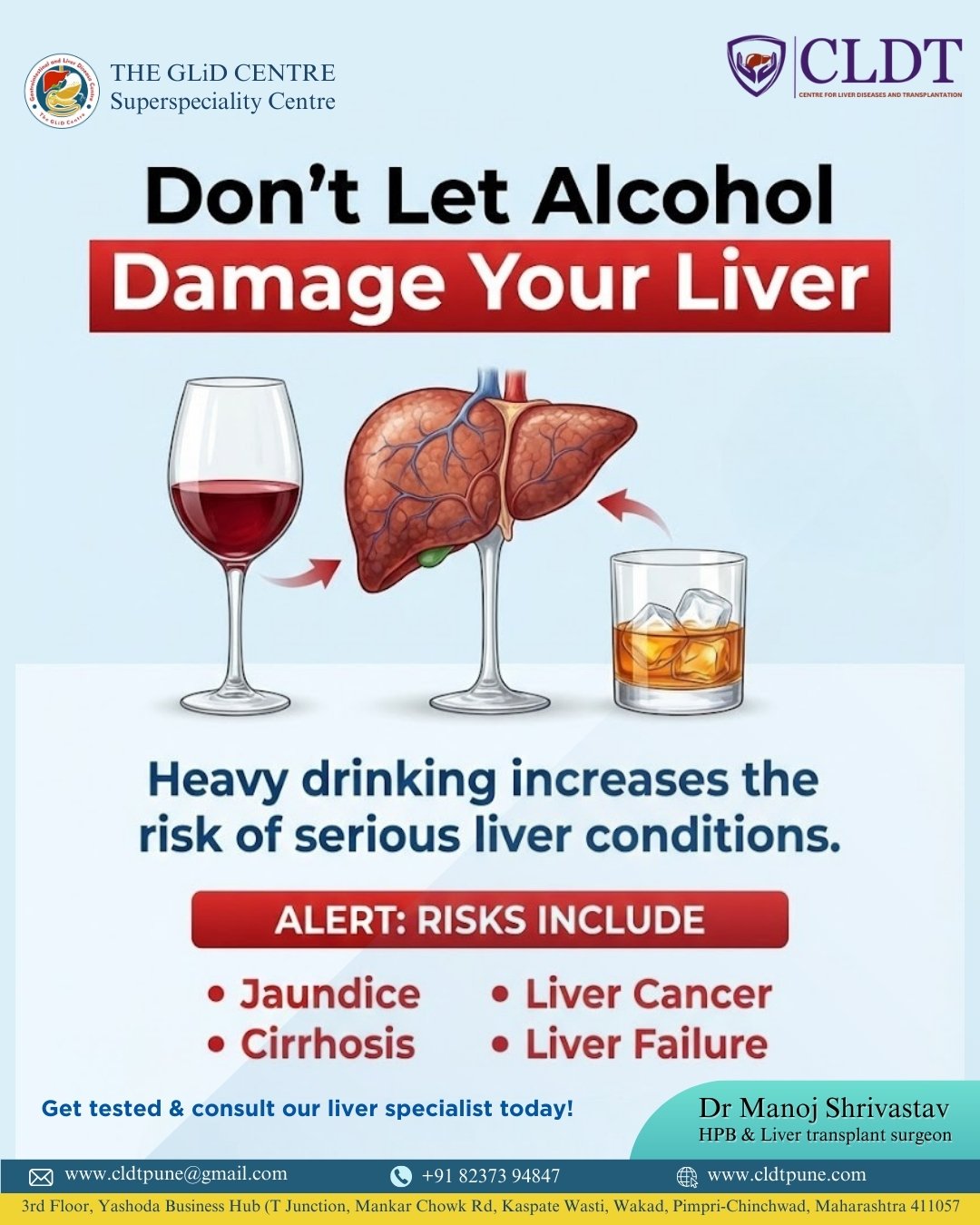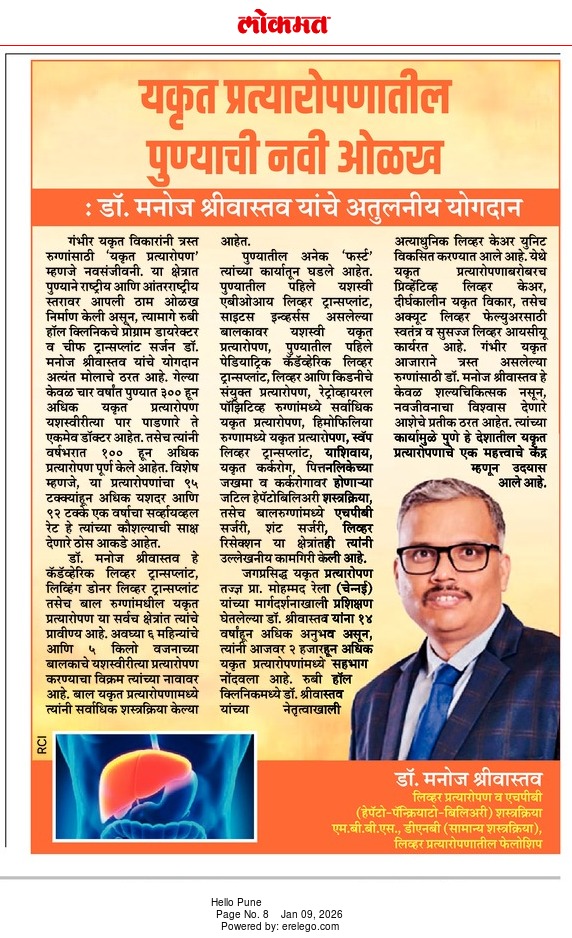Your liver is one of the most vital and hardworking...

Acute liver failure (ALF) is a rare but life-threatening condition characterized by a sudden loss of liver function. This condition requires urgent medical attention and can lead to serious complications if not promptly addressed. In this article, we’ll delve into the causes, symptoms, diagnosis, and treatment options for acute liver failure.
Understanding Acute Liver Failure:
The liver plays a crucial role in various metabolic processes, including detoxification, protein synthesis, and the production of biochemicals necessary for digestion. When the liver fails to perform these functions adequately, it can result in a cascade of complications throughout the body.
Acute liver failure typically develops rapidly, often within days to weeks, and can occur in individuals with no pre-existing liver disease. The condition can affect people of all ages, although it is more commonly observed in adults.
Causes of Acute Liver Failure:
Several factors can contribute to the development of acute liver failure, including:
- Viral Infections: Hepatitis viruses, particularly hepatitis A, B, and E, can cause acute liver failure when the infection overwhelms the liver’s ability to function.
- Drug-induced Liver Injury: Certain medications, including acetaminophen (Tylenol) and some prescription drugs, can lead to liver damage and acute liver failure, especially when taken in excessive doses or over a prolonged period.
- Toxic Liver Injury: Exposure to toxins such as poisonous mushrooms, industrial chemicals, and environmental pollutants can damage liver cells and impair liver function, leading to acute liver failure.
- Autoimmune Hepatitis: In autoimmune hepatitis, the body’s immune system mistakenly attacks healthy liver tissue, causing inflammation and liver damage. Severe cases of autoimmune hepatitis can progress to acute liver failure.
- Metabolic Disorders: Rare metabolic disorders, such as Wilson’s disease and acute fatty liver of pregnancy, can also result in acute liver failure due to abnormalities in liver metabolism.
Symptoms of Acute Liver Failure:
The symptoms of acute liver failure can vary depending on the underlying cause and the severity of liver damage. Common signs and symptoms include:
- Jaundice (yellowing of the skin and eyes)
- Abdominal pain and swelling
- Nausea and vomiting
- Fatigue and weakness
- Confusion and cognitive impairment
- Bleeding tendencies
- Dark-colored urine
- Pale-colored stools
Diagnosis and Treatment:
Diagnosing acute liver failure typically involves a combination of medical history review, physical examination, blood tests, imaging studies, and, in some cases, liver biopsy. Prompt diagnosis is crucial for initiating appropriate treatment and preventing further liver damage.
Treatment for acute liver failure focuses on addressing the underlying cause, supporting liver function, and preventing complications. Depending on the severity of the condition, treatment may include:
- Hospitalization: Most individuals with acute liver failure require hospitalization in intensive care units for close monitoring and supportive care.
- Medications: Certain medications may be administered to manage symptoms, reduce inflammation, and support liver function. In cases of drug-induced liver injury, discontinuing the offending medication is essential.
- Liver Transplantation: In severe cases of acute liver failure where supportive measures are inadequate, liver transplantation may be necessary. Liver transplantation offers the best chance of survival for individuals with acute liver failure refractory to medical therapy.
- Nutritional Support: Adequate nutrition is essential for individuals with acute liver failure to support liver regeneration and prevent malnutrition. In some cases, enteral or parenteral nutrition may be required.
Conclusion:
Acute liver failure is a serious medical condition that requires prompt recognition and intervention. While rare, it can have devastating consequences if not managed effectively. Understanding the causes, symptoms, diagnosis, and treatment options for acute liver failure is crucial for healthcare providers and individuals alike to improve outcomes and prevent complications associated with this condition. Early medical intervention and appropriate supportive care are essential in mitigating the impact of acute liver failure and improving the prognosis for affected individuals.
Real Patients, Real Stories
Liver Transplant and Biliary Sciences Blogs
Understanding Alcoholic Fatty Liver Disease (AFLD)
By Dr. Manoj Shrivastav — Liver Specialist, Pune The liver...
Liver Damage Due to Alcohol: Causes, Risks,
Alcohol consumption has become a common part of modern lifestyles....
Pune’s New Identity in Liver Transplantation :
यकृत प्रत्यारोपणातील पुण्याची नवी ओळख : डॉ. मनोज श्रीवास्तव यांचे...





